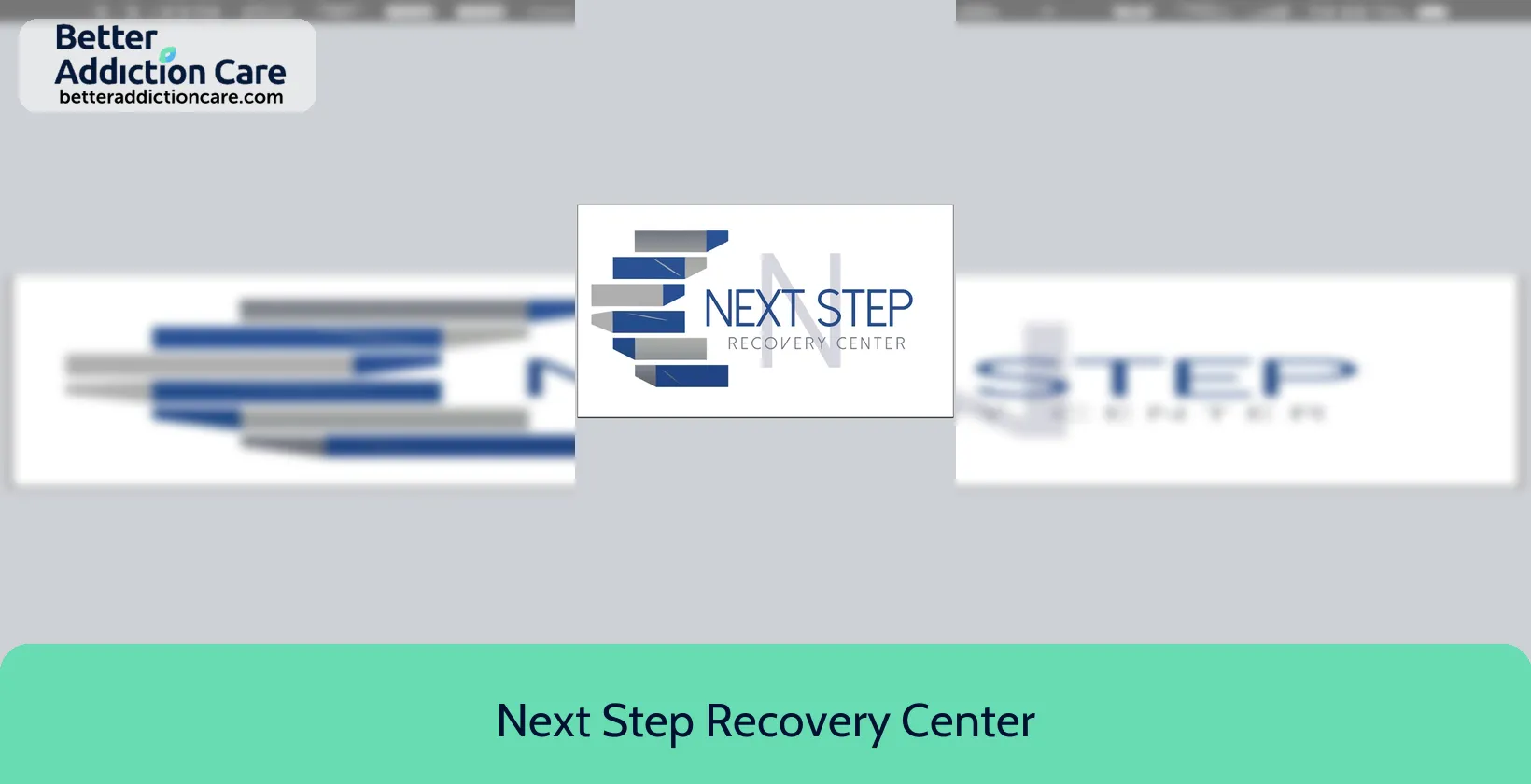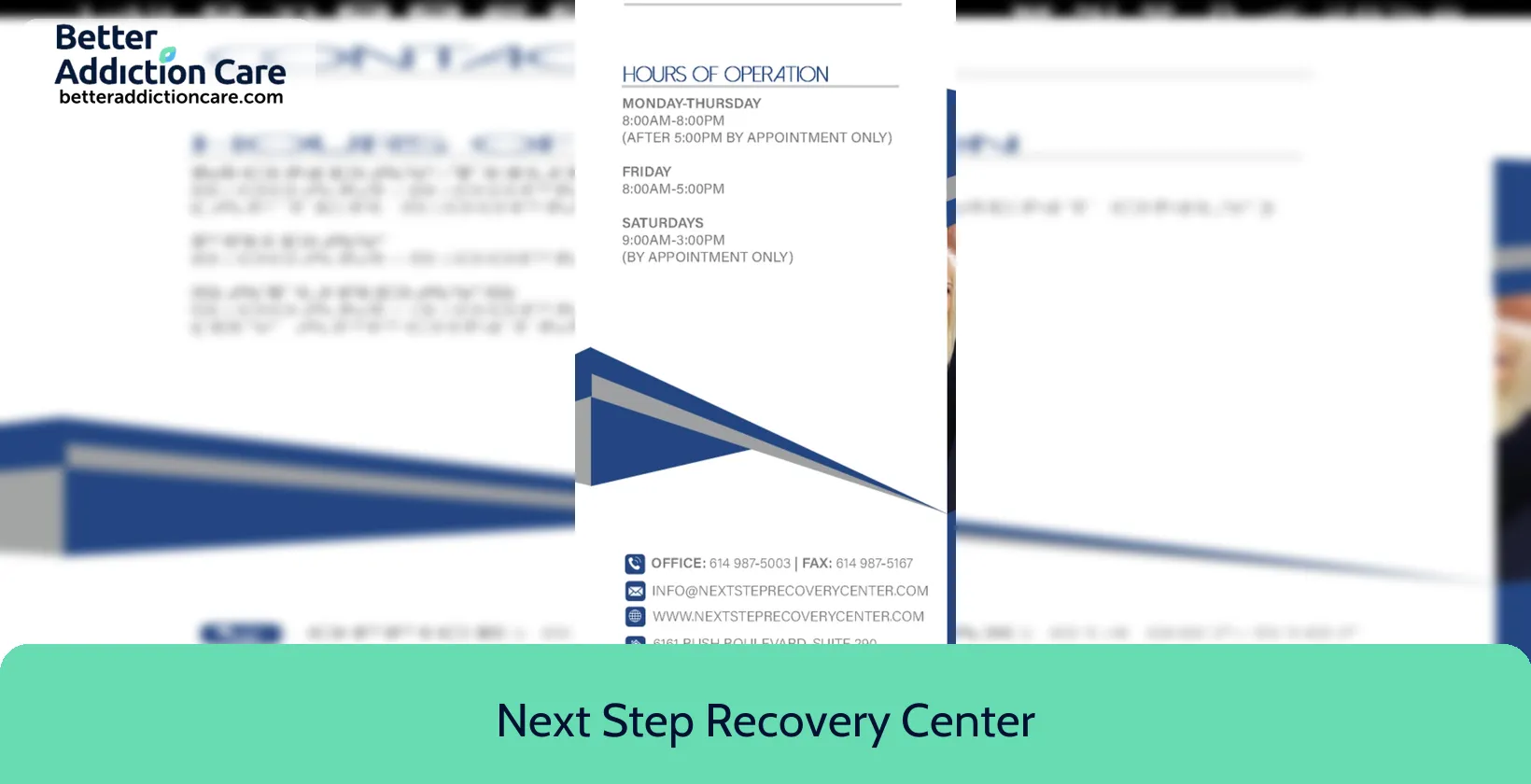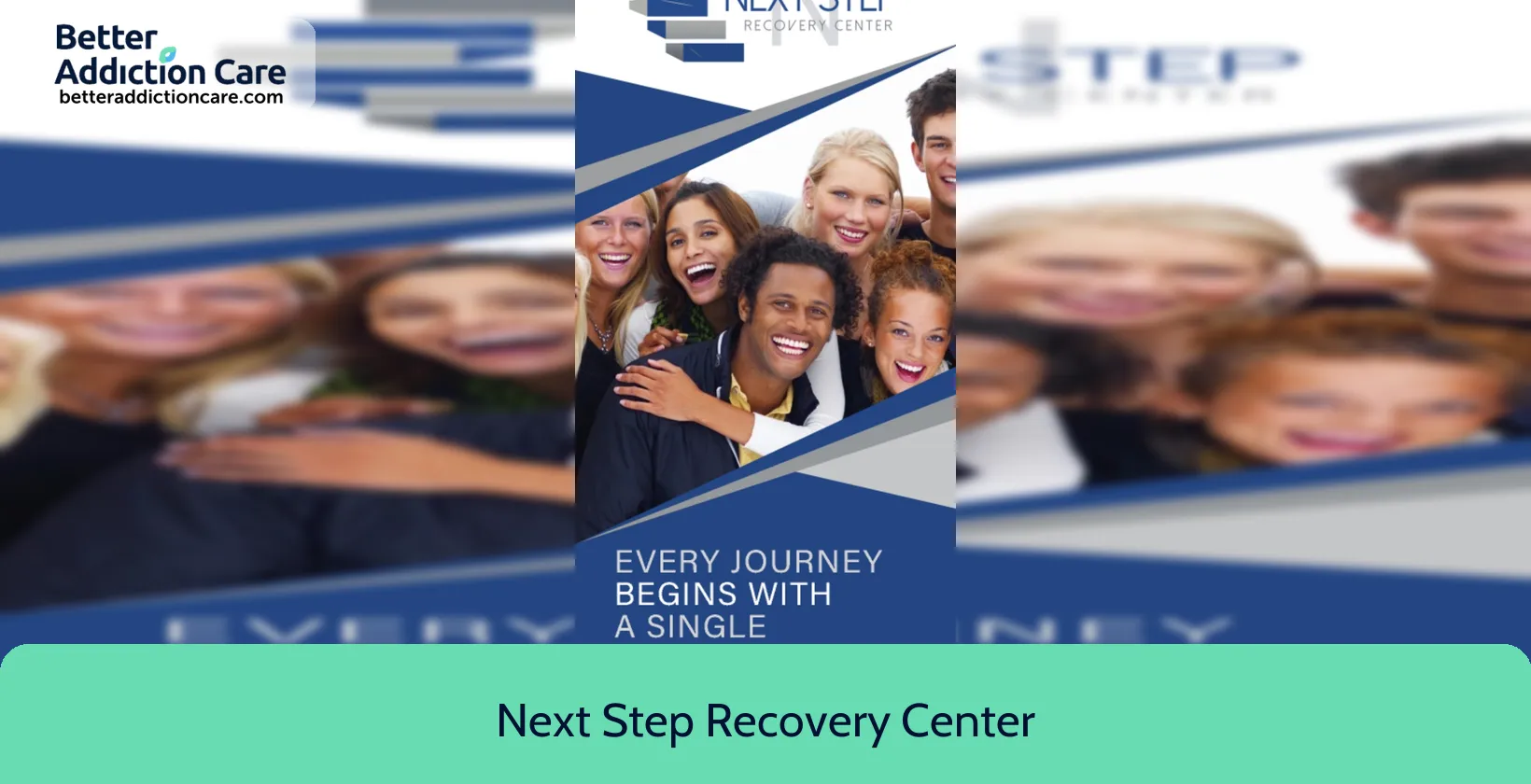Next Step Recovery Center
Overview
Next Step Recovery Center is an substance abuse treatment center that provides inpatient and outpatient treatment for men and women between 18 and 65+ years of age. As part of their special programs, Next Step Recovery Center treats clients who have experienced trauma and clients who have experienced sexual abuse. To help patients achieve sobriety, Next Step Recovery Center provides intake assessments. Afterward, patients receive cognitive behavioral therapy, substance use disorder counseling, and trauma-related counseling during treatment. Next Step Recovery Center is located in Columbus, Ohio, providing treatment for people in Franklin County, accepting cash or self-payment, medicaid, and medicare.
Next Step Recovery Center at a Glance
Payment Options
- Cash or self-payment
- Medicaid
- Medicare
- Sliding fee scale (fee is based on income and other factors)
Assessments
- Comprehensive substance use assessment
- Outreach to persons in the community
- Screening for mental disorders
- Screening for substance use
- Professional interventionist/educational consultant
Age Groups
- Young adults
- Adults
- Seniors
Ancillary Services
- Case management service
- Integrated primary care services
- Mental health services
- Social skills development
- Transportation assistance
Highlights About Next Step Recovery Center
6.91/10
With an overall rating of 6.91/10, this facility has following balanced range of services. Alcohol Rehabilitation: 8.00/10, Drug Rehab and Detox: 6.31/10, Insurance and Payments: 6.00/10, Treatment Options: 7.33/10.-
Alcohol Rehabilitation 8.00
-
Treatment Options 7.33
-
Drug Rehab and Detox 6.31
-
Insurance and Payments 6.00
Treatment At Next Step Recovery Center
Treatment Conditions
- Alcoholism
- Substance use treatment
Care Levels
- Hospital inpatient treatment
- Outpatient
- Long-term residential
- Intensive outpatient treatment
- Regular outpatient treatment
Treatment Modalities
- Cognitive behavioral therapy
- Substance use disorder counseling
- Trauma-related counseling
- Group counseling
- Family counseling
Ancillary Services
Additional Services
- Pharmacotherapies administered during treatment
- Mentoring/peer support
- Drug or alcohol urine screening
Special Programs
- Clients who have experienced trauma
- Clients who have experienced sexual abuse
Get Help Now
Common Questions About Next Step Recovery Center
Contact Information
Other Facilities in Columbus
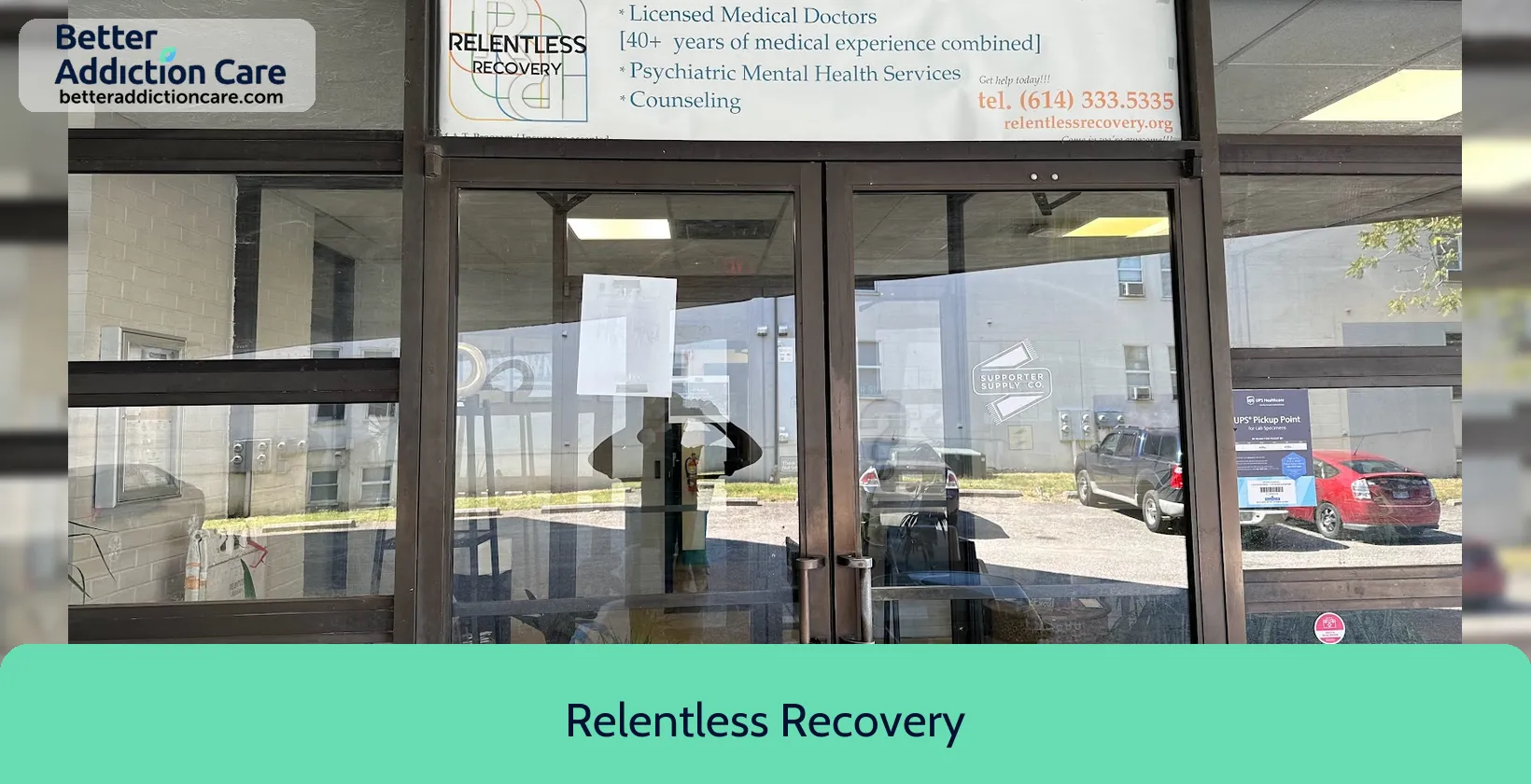
7.60
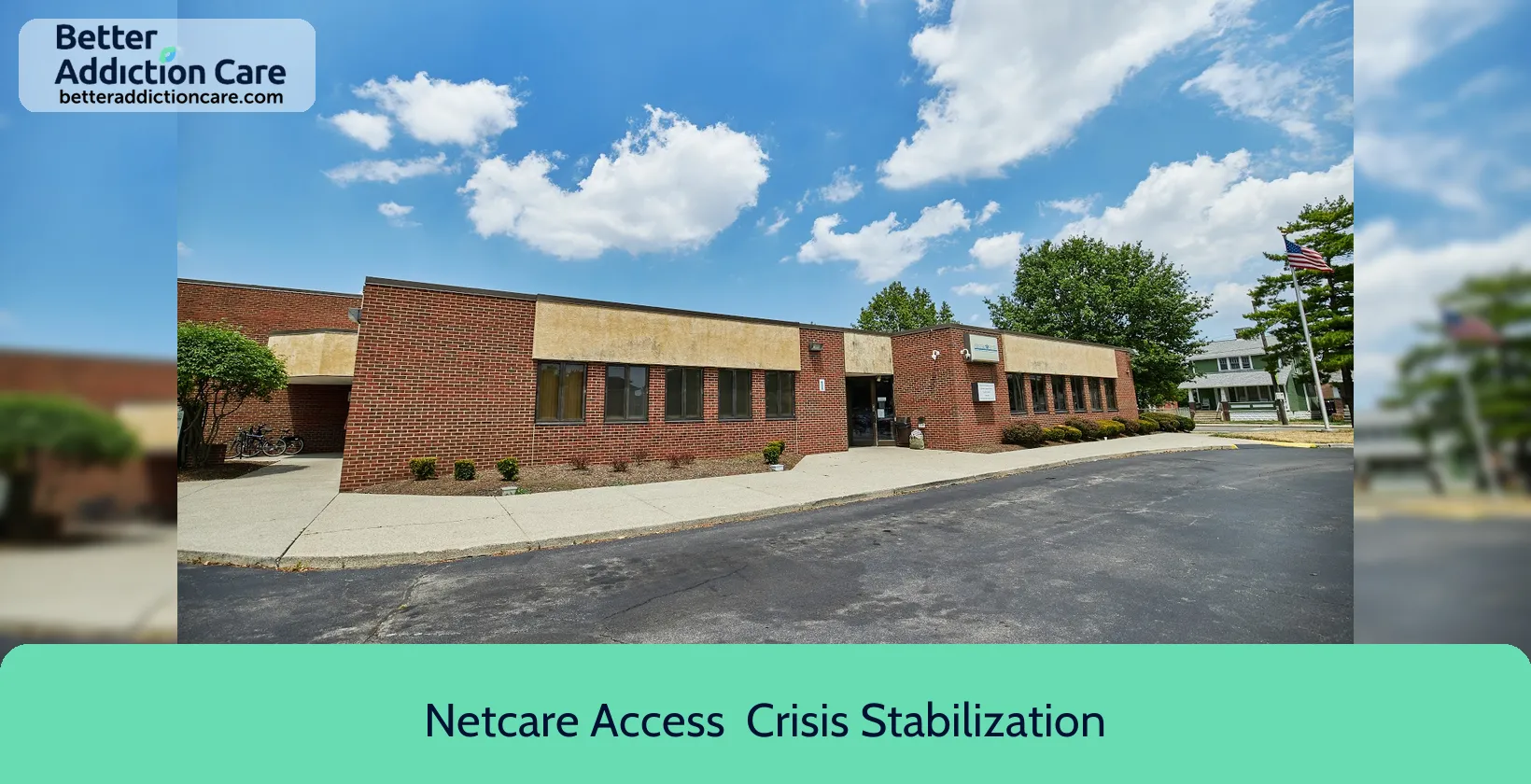
6.68
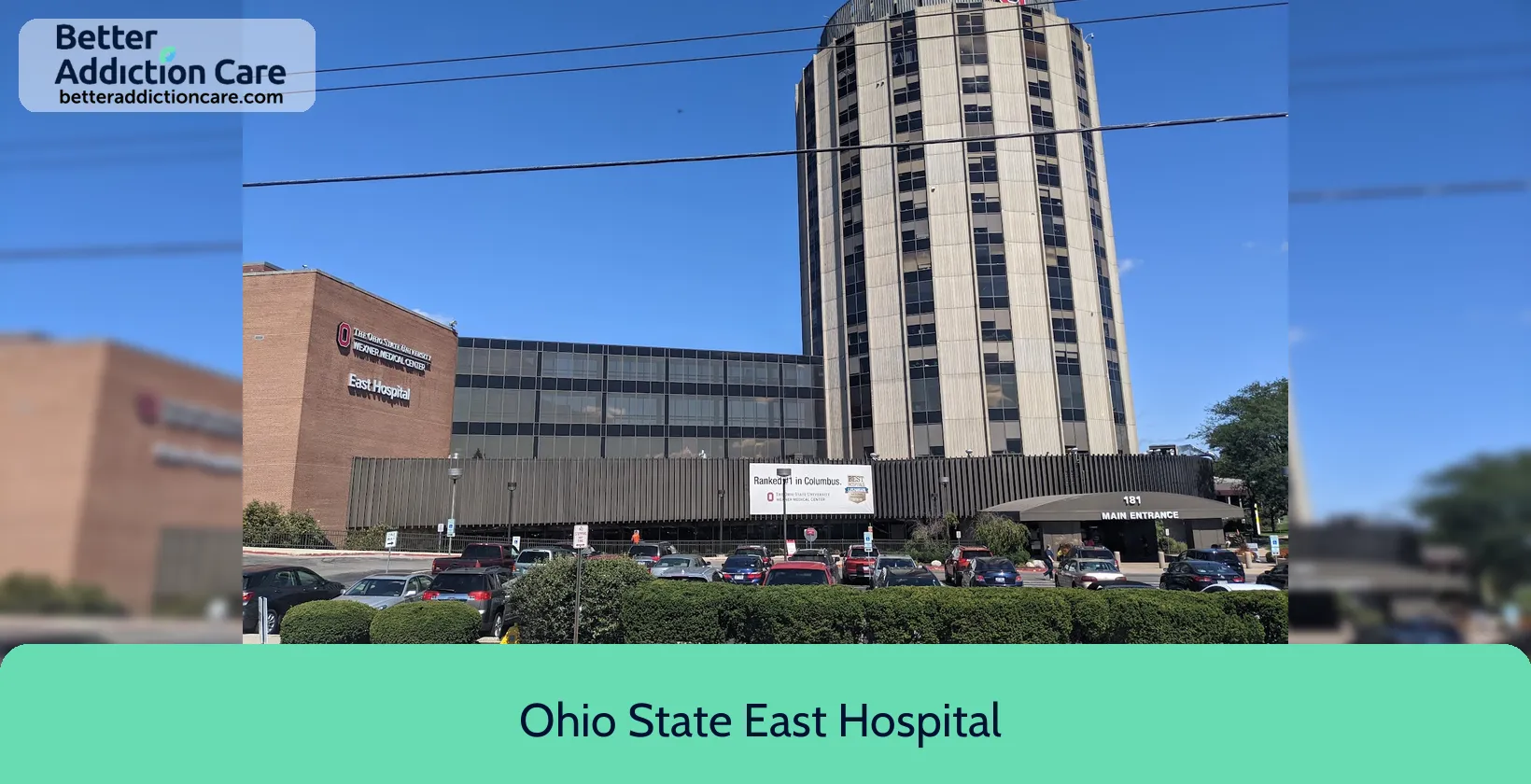
7.62
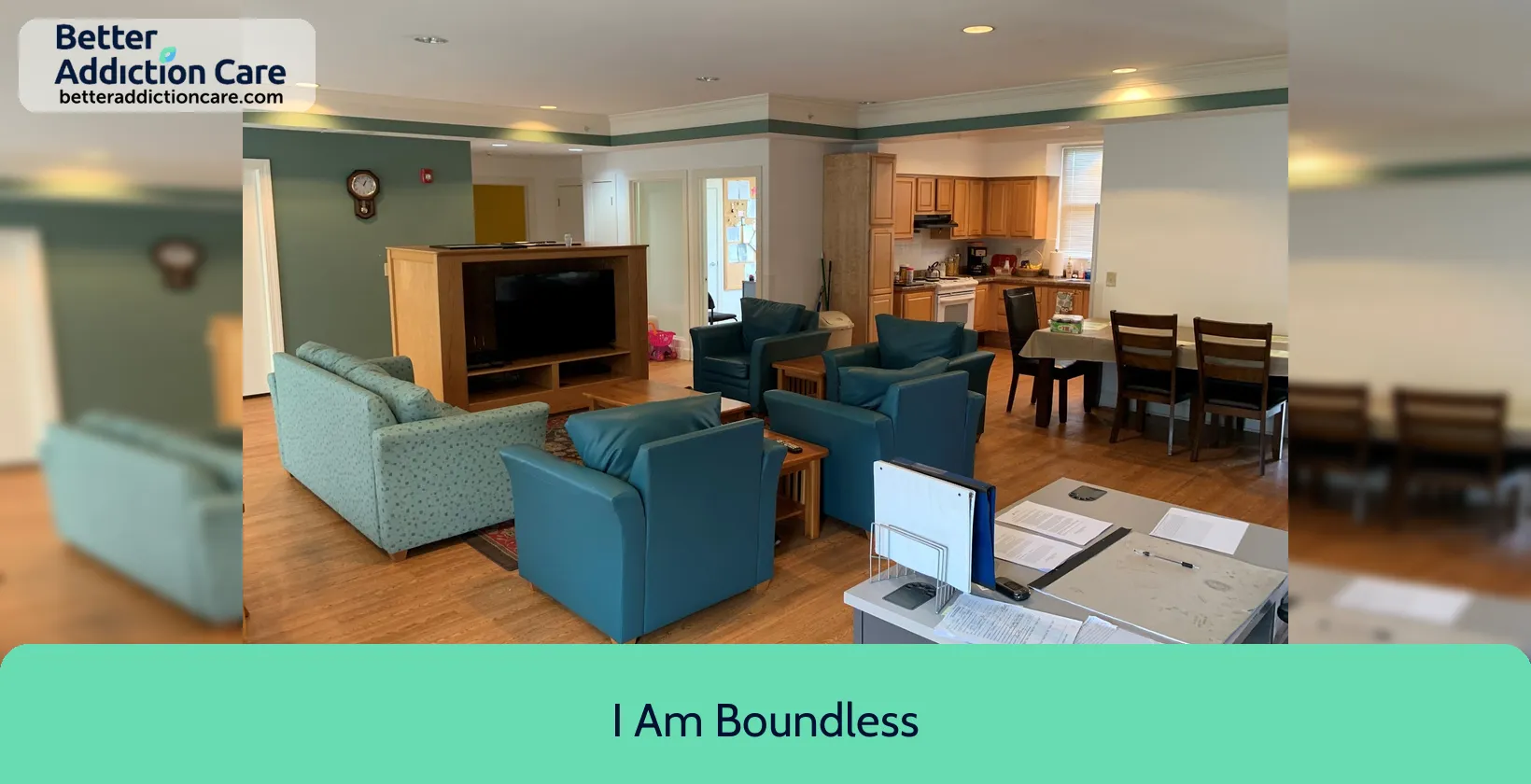
6.59
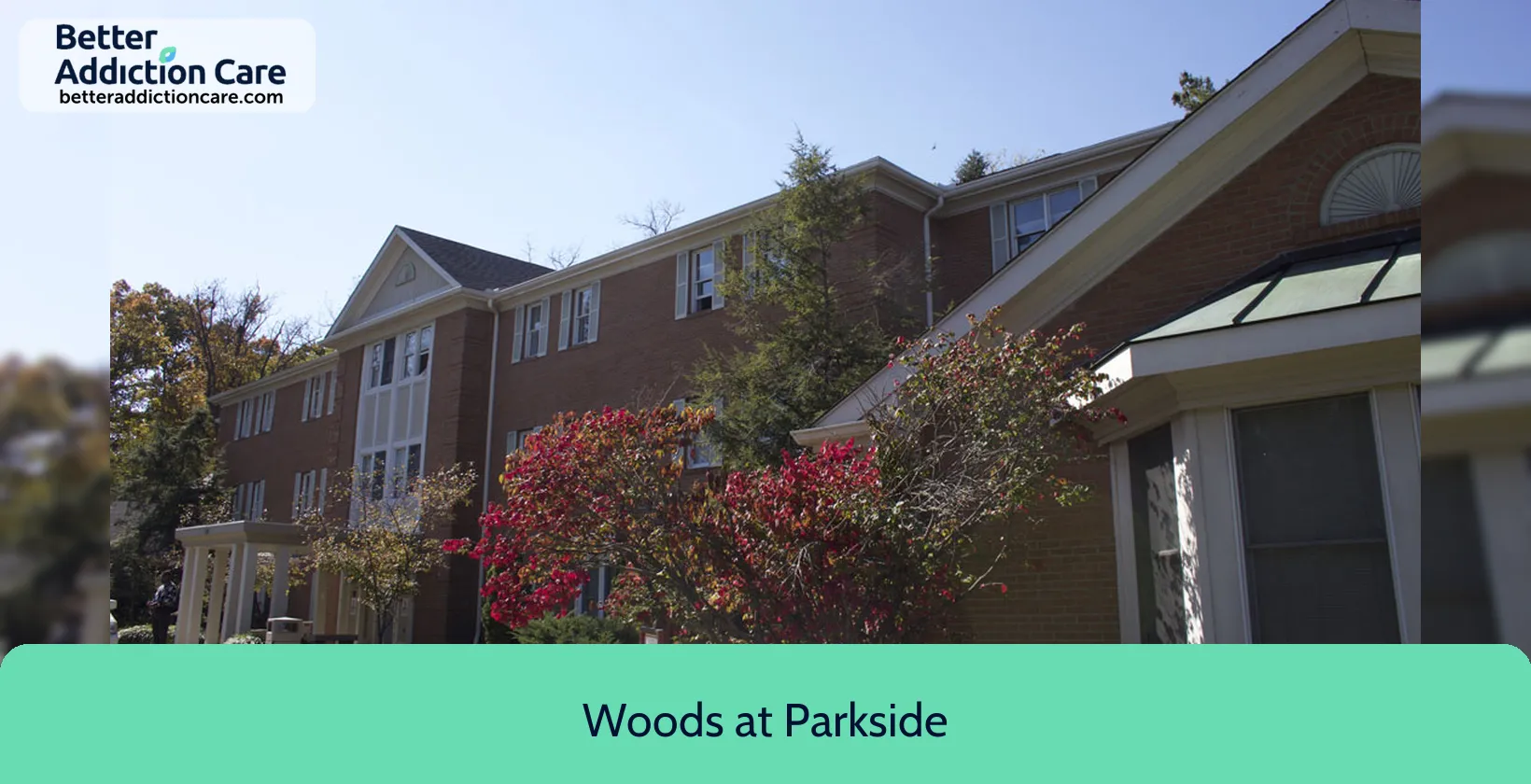
7.13
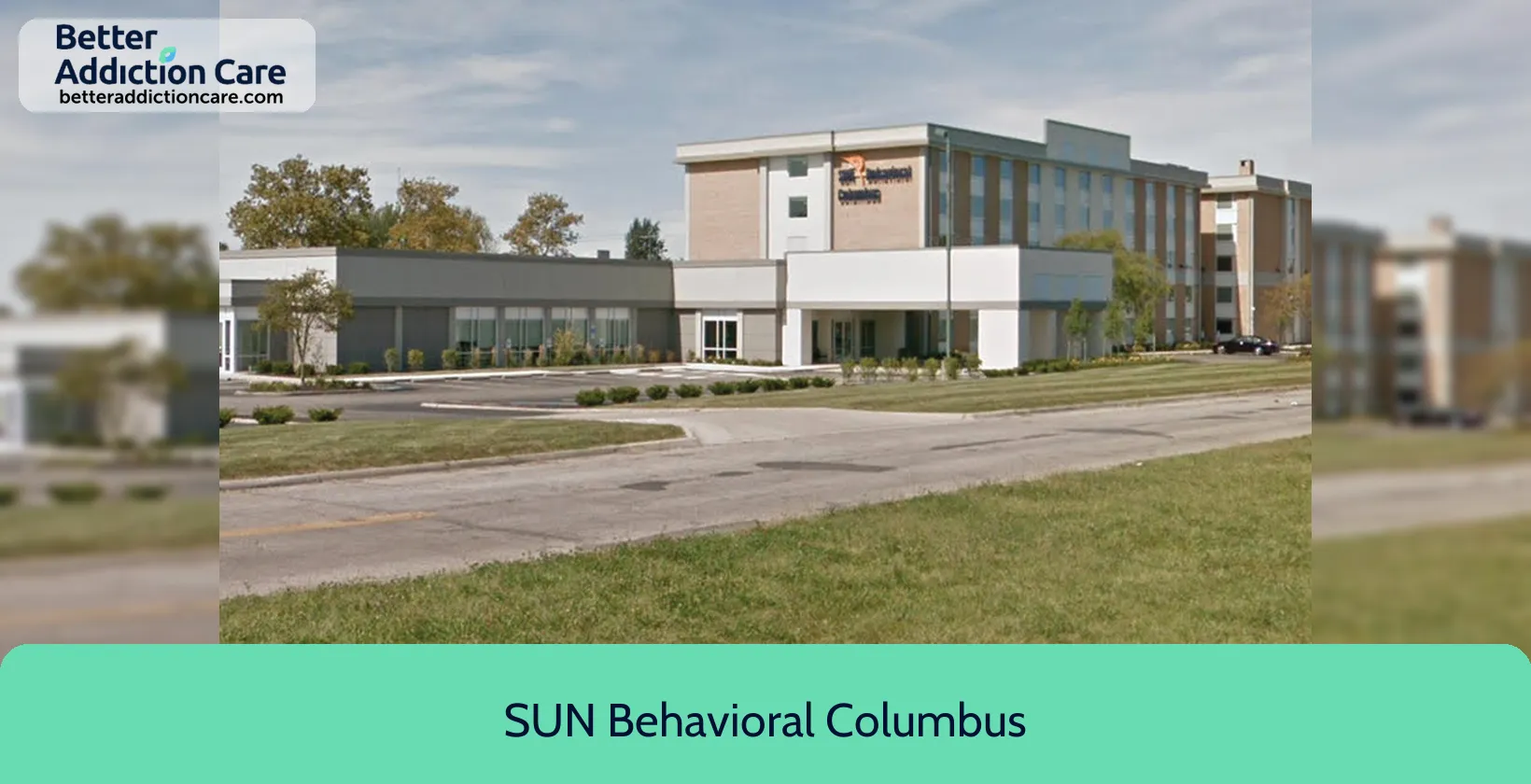
6.71
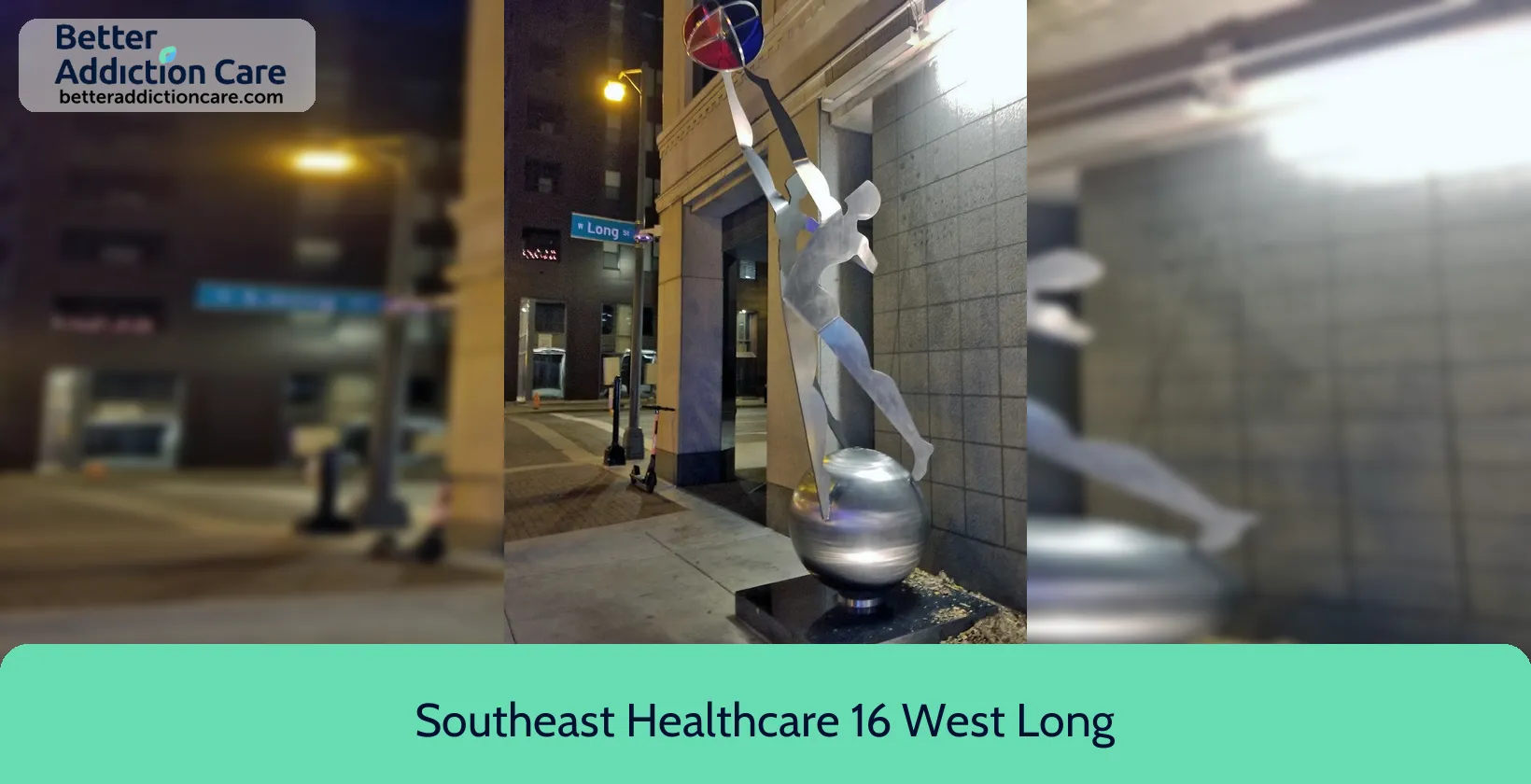
7.40

6.74
DISCLAIMER: The facility name, logo and brand are the property and registered trademarks of Youth Advocate Services, and are being used for identification and informational purposes only. Use of these names, logos and brands shall not imply endorsement. BetterAddictionCare.com is not affiliated with or sponsored by Youth Advocate Services.
